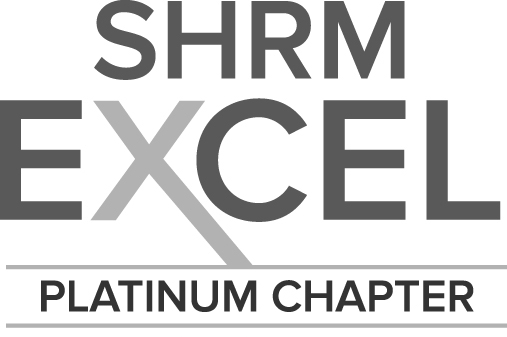|
||||||||||||||||||||||||
|
This program has been pre-approved by HRCI for 3.0 hours strategic recertification credit.
Click here for important information about HRCI pre-approval. |
This program sponsored by GMA SHRM Gold Partner
|
|
|
||||||||||||||||||
Presentation Description
Some organizations are reducing headcount in a desperate attempt to realign costs with reduced revenues and financial resources. Others are freezing or dramatically reducing budgets for base pay increases, incentive awards and/or benefits. Few are business as usual, at least for the present.
The dilemma is to balance short-term actions with long-term needs. Downsizing has been shown to be ineffective in all but the most critical situations. All too often the people are not there to respond to the inevitable economic upturn, disadvantaging the organization relative to competitors. Freezing or dramatically reducing the rewards package does open the door to losing critical personnel if other options are open to them. So how does an organization develop a rewards strategy that works in all types of economic circumstances…one that both responds to current needs, but that is also sustainable into the future?
The first rule is not to waste any of the scarce resources. Automatic base pay increases for those who are already adequately paid or who present a low flight risk is a waste. Rewarding employees with base pay adjustments raises fixed payroll costs, at a time when revenues are lower. Absorbing premium increases for health insurance when employees already pay too small a share of the cost is a waste.
This Strategic Summit will discuss all of the alternatives…their advantages, their disadvantages and where they should be used. Attendees should bring their own challenges and what they have tried so that they can share them with the group. Given that there is no best answer we can work together to identify strategies that can help you meet your challenges.
Learning Objectives:
1. Discuss methods companies are using to realign costs with reduced revenues and financial resources.
2. Explain strategies for balancing short-term business requirements like reducing costs with the long-term strategic considerations to develop a rewards strategy that works in all types of economic circumstances.
3. Articulate the advantages and disadvantages of alternate rewards strategies and discuss where they should be used.
Our Presenter
Robert J. Greene, PhD, SPHR, GPHR, CCP, CBP, GRP is the CEO of Reward $ystems, Inc., a consultancy whose mission is “Helping Organizations Succeed through People.” He is also a faculty member for the MBA and MSHR degree programs for DePaul University and serves on the advisory boards for these programs. He has over 30 years of industry and consulting experience, has authored over 100 articles and book chapters, and speaks and teaches globally on human resource management. He was awarded the first Keystone Award for achieving the highest level of excellence in the field by the American Compensation Organization (now WorldatWork) and has designed professional development programs for numerous associations. He was a principal developer of the PHR and SPHR certifications for the Society for Human Resource Management and the CCP and GRP certifications for the American Compensation Association (WorldatWork). He holds a PhD from Northwestern University, an MBA from the University of Chicago, and a BA in Economics from the University of Texas at El Paso.
For more information contact:
GMA SHRM Management Team
2830 Agriculture Dr.
Madison, WI 53718
(608) 204-9814
fax (608) 204-9818
chapteradmin@gmashrm.org
Program Schedule subject to change.

 The use of this seal is not an endorsement by the HR Certification Institute of the quality of the program. It means that this program has met the HR Certification Institute's criteria to be pre-approved for recertification credit
The use of this seal is not an endorsement by the HR Certification Institute of the quality of the program. It means that this program has met the HR Certification Institute's criteria to be pre-approved for recertification credit

